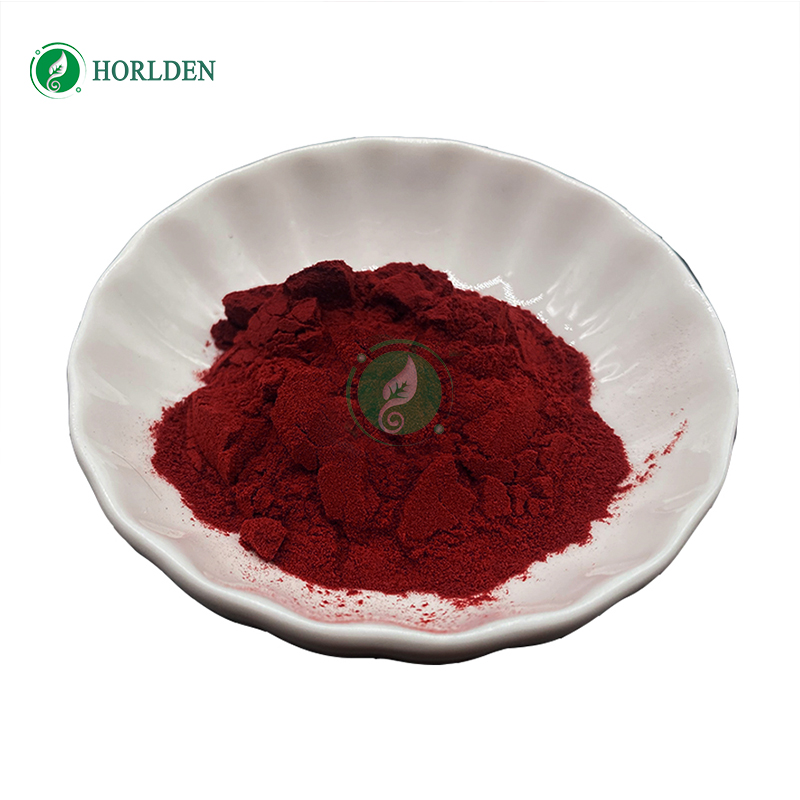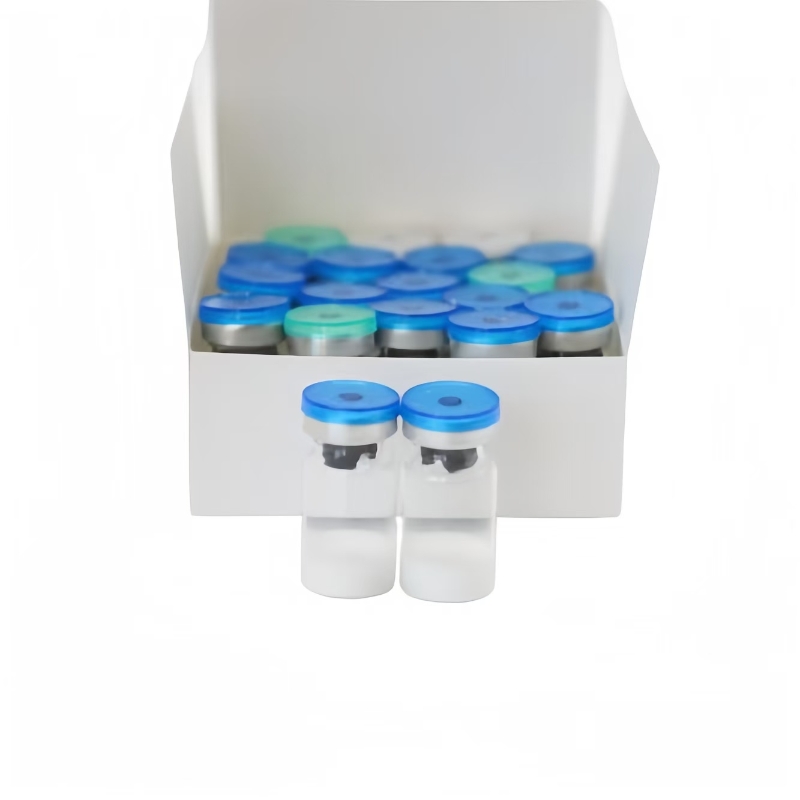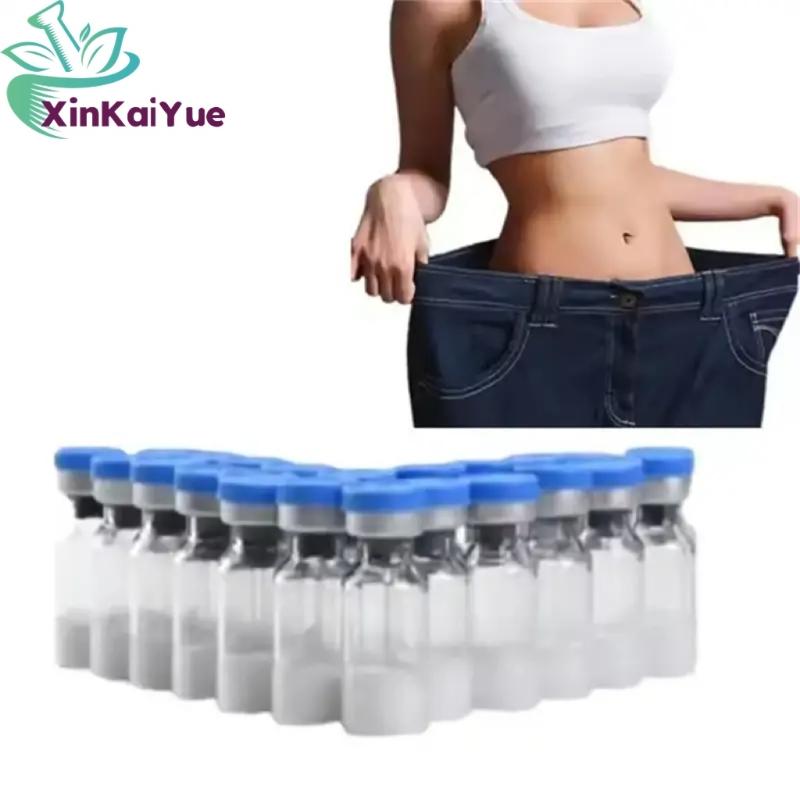Anti cancer medicine for zero tax rate! These five heavy imported new drugs have a strong impact on the anti-cancer Market
-
Last Update: 2018-03-25
-
Source: Internet
-
Author: User
Search more information of high quality chemicals, good prices and reliable suppliers, visit
www.echemi.com
On the morning of March 20, after the closing of the first session of the 13th National People's Congress, in response to questions from Chinese and foreign journalists, the premier of the State Council expressed his willingness to further reduce the overall level of import commodity tax rate in a more open manner "Some of the most popular consumer goods in the market include drugs, especially anti-cancer drugs urgently needed by the masses and patients We need to significantly reduce them to zero tax rate." The prime minister's simple words contain a huge amount of information, bringing a new dawn to many cancer patients in China none="shifuMouseDownStyle('shifu_bus_002')" style="margin: 1em auto; padding: 0px; max-width: 100%; color: rgb(62, 62, 62); font-family: "Hiragino Sans GB", "Microsoft YaHei", Arial, sans-serif; font-size: 16px; line-height: 25.6px; widows: 1; border-style: none none solid; text-align: center; border-bottom-width: 1px; Border bottom color: rgb (0, 0, 0); box sizing: border box! Im portant; word wrap: break word! Im portant; "> for a long time, some cancer patients in China have to rely on imported targeted drugs and some innovative drugs to survive However, due to patent restrictions, these drugs are often very expensive The price of a single anti-cancer drug is often more than ten thousand yuan, and cannot be reimbursed through medical insurance Faced with the burden of "buying life with money", many people choose to give up, and some are forced to join the "drug buying army" to purchase low-cost "generic drugs" in India and other neighboring countries Although the phenomenon of "overseas drug" is increasing, although it can temporarily alleviate the pain and stabilize the condition, without the guidance of doctors, the adverse reactions of drugs are not monitored, and the safety is not guaranteed The "luyong" case in 2014 also shows that some cancer patients in China are unable to bear the high price of imported drugs Anti cancer drugs strive to reduce the tariff to zero, which will immediately reduce the drug price and reduce the economic burden of patients and their families Meanwhile, foreign drug companies have more room to compete in the Chinese anti-cancer market none="shifuMouseDownStyle('shifu_bus_002')" style="margin: 1em auto; padding: 0px; max-width: 100%; color: rgb(62, 62, 62); font-family: "Hiragino Sans GB", "Microsoft YaHei", Arial, sans-serif; font-size: 16px; line-height: 25.6px; widows: 1; border-style: none none solid; text-align: center; border-bottom-width: 1px; border-bottom-color: rgb(0, 0,0); box sizing: border box! Im portant; word wrap: break word! Im portant; "> 68 imported anticancer drugs, 31 exclusive varieties according to the data of CFDA import drug database, currently 68 domestic anti-tumor drugs are imported, 31 of which are exclusive varieties, only 4 of which are biological agents (all McAbs) Among them, TiNi drugs have the most varieties, 16 in total According to the 2.0 data of medchina drug review database of minenet, there are more than 20 domestic enterprises with TiNi drugs TiNi drugs will have a blowout in the next few years, and the competition will be more and more fierce Traditional chemotherapy drugs such as antimetabolic drugs, hormones and alkylating agents still account for a large proportion There are only four relatively high-end biological targeting agents, which are quite different from the proportion of various categories of anti-cancer drugs in developed countries However, with more and more attention paid to drug research and development in China and the implementation of various incentive policies, it is believed that more and better drugs will be on the market in the near future 68 kinds of imported anticancer drugs (by product name) source: none = "shifumousedownstyle ('shifu bus_ ')" style = "margin: 1em Auto; padding: 0px; max width: 100%; color: rgb (62, 62, 62); font family:" hiragino sans GB "," Microsoft YaHei ", Arial, sans serif; font size: 16px; line height: 25.6px; width: 1; Border style: none solid; text align: Center; border bottom width: 1px; border bottom color: rgb (0, 0, 0); box sizing: border box! Im assistant; word wrap: break word! Im assistant; "> Top 10 imported anti-cancer brands, Roche's top 10 brand of imported antineoplastic drugs in public medical institutions market in 2013-2016 source: minai.com China public medical institutions terminal competition pattern Roche has been ranked first in the market share of anti-cancer drug enterprises for many years, and it is the only enterprise with a share of more than 10% It owns four key anti-cancer products, namely, rituximab injection, capecitabine tablets, trastuzumab injection and bevacizumab injection, presenting a unique situation But as time goes on, it is expected that in the next three years, there will be a lot of heavy imported new drugs and domestic anti-cancer drugs on the market, and the proportion of biological agents will continue to increase It is very likely that Roche's unique situation will be gone forever none="shifuMouseDownStyle('shifu_bus_002')" style="margin: 1em auto; padding: 0px; max-width: 100%; color: rgb(62, 62, 62); font-family: "Hiragino Sans GB", "Microsoft YaHei", Arial, sans-serif; font-size: 16px; line-height: 25.6px; widows: 1; border-style: none none solid; text-align: center; border-bottom-width: 1px; border-bottom-color: rgb(0, 0, 0); box sizing: border box! Im portant; word wrap: break word! Im portant; "> the five heavyweight imported anticancer drugs to be launched in 2018 1 Two major PD-1 monoclonal antibodies will be launched in China: nivolumab and pembrolizumab is the first PD-1 monoclonal antibody to be launched in the world, which was first approved in Japan Since it was first approved for melanoma indications in the United States on December 22, 2014, it has been successively approved by the FDA for 9 major indications Nawumab was accepted by CDE on November 2, 2017 It was included in the priority review by CDE on December 18, 2017 for the reason of "obvious treatment advantage compared with existing treatment methods" At present, the drug has entered the review queue It is expected that Q2 will be approved for listing in 2018, which is likely to become the first PD-1 / PD-L1 mAb approved in China The global sales volume of nevumab in 2015 was US $982 million, and the sales volume in 2017 was US $49.48 It is expected that the peak sales volume will reach US $9.59 billion in the next five years, and it will definitely occupy a place in the huge domestic anti-cancer market The latest review status data source of nivolumab: pembrolizumab, which was developed by MSD, was approved by FDA on October 28, 2014 and was the first PD-1 inhibitor listed in the United States Compared with nivolumab, pamumab leads the first-line treatment of PD-1 in NSCLC The global sales of pemumab in 2015 was 566 million US dollars, and the sales in 2017 was 3.809 billion US dollars It is estimated that the peak sales in the next five years will reach 9.88 billion US dollars Pemumab submitted an application for listing in China on February 11, 2018, and is expected to be approved for listing in 2018q3, which is likely to become the second domestic listed PD-1 / PD-L1 McAb On the one hand, pemumab has established a leading position in the field of lung cancer; on the other hand, keytruda was approved by FDA in May 2017 for the treatment of solid tumor patients with high microsatellite instability (MSI-H) or mismatch repair defect (dmmr) It is the first anti-tumor drug approved by FDA in the United States that is not based on tumor source, but based on biomarkers Tumor therapy has milestone significance However, MSD lost to BMS in the patent lawsuit Although keytruda had a strong growth, it had to share it with BMS The battle between the two super blockbuster drugs will continue 2 Three major imported targeted drugs: new generation and benefit Chinese people Lynparza, developed by AstraZeneca, is the first PARP inhibitor on the market in the world It was approved by FDA as early as December 2014 for four line treatment of advanced BRCA + ovarian cancer So far, it has approved several cancer indications So far, lynparza has treated more than 30000 patients with advanced cancer, and its efficacy has been fully affirmed In 2017, the global sales volume of the drug reached US $297 million, and the peak sales volume is expected to reach US $1.3 billion in the next five years China's listing application for olapali's second-line treatment of ovarian cancer was accepted by CDE on December 1, 2017, and was included in the priority review It is expected to be approved in 2018q3, which is worth looking forward to Olaparide, developed by yuweicai, is an oral multi-target kinase inhibitor, which can inhibit VEGFR-1, 2, 3, FGFR-1, 2, 3, 4, PDGFR, RET and kit Rivatinib was approved for marketing in the United States on February 13, 2015, and has been approved for the treatment of advanced thyroid and renal cancer, and there are clinical trials in progress for indications such as liver cell cancer, brain glioma and non-small cell lung cancer On November 3, 2017, lovatini submitted the listing application to CFDA, and obtained the priority review It is expected that 2018q4 will be approved for listing in China China is a large country of liver cancer patients, with about 395000 newly diagnosed liver cancer patients and 380000 liver cancer deaths every year At present, sorafenib is the first systematic treatment drug with clear evidence to improve the survival period of patients with advanced liver cancer, and it is also the clinical first-line standard drug for patients with liver cancer in China In a head-to-head control experiment with sorafenib, lovatinib won by a small margin, and good curative effect is bound to make it achieve better sales results The search result of revatinib in Med China drug review database 2.0 was developed by Novartis and approved by FDA on April 29, 2014 for the treatment of intolerance or disease progression of ALK + non-small cell lung cancer with clozatinib, which belongs to the second generation of anaplastic lymphoma kinase (ALK) inhibitor On December 11, 2017, the marketing application of serentinib capsule submitted by Novartis was officially accepted by CDE, which has been included in the priority review, and is expected to be approved by CFDA in 2018q4 According to the research results of ascend-4, seretinib has obvious advantages over standard first-line chemotherapy (pemetrexed and platinum), and it is believed that it can achieve good results in the Chinese anti-cancer market : Center; Width: 670px; box sizing: border box! Im portant; word wrap: break word! Im portant; "> conclusion with the drastic reform of the drug review system in 2015, a number of policies have been introduced and implemented in succession The time to market of innovative drugs and clinically needed drugs in China has been shortened from an average of 7-8 years before the reform to 2-3 years After a series of combination boxing, it can be clearly predicted that the next few years will usher in the "blowout" period of heavy new drugs and generic drugs With the growing strength of domestic teams, the full introduction of high-quality imported new drugs and the reform of the medical insurance system, the competition between anti-cancer drugs will become more and more fierce, and the price of imported anti-cancer drugs will gradually decrease due to the increase of competitive pressure and the pursuit of greater sales volume Cheap and high-quality, will no longer only exist in the heart of cancer patients.
This article is an English version of an article which is originally in the Chinese language on echemi.com and is provided for information purposes only.
This website makes no representation or warranty of any kind, either expressed or implied, as to the accuracy, completeness ownership or reliability of
the article or any translations thereof. If you have any concerns or complaints relating to the article, please send an email, providing a detailed
description of the concern or complaint, to
service@echemi.com. A staff member will contact you within 5 working days. Once verified, infringing content
will be removed immediately.







